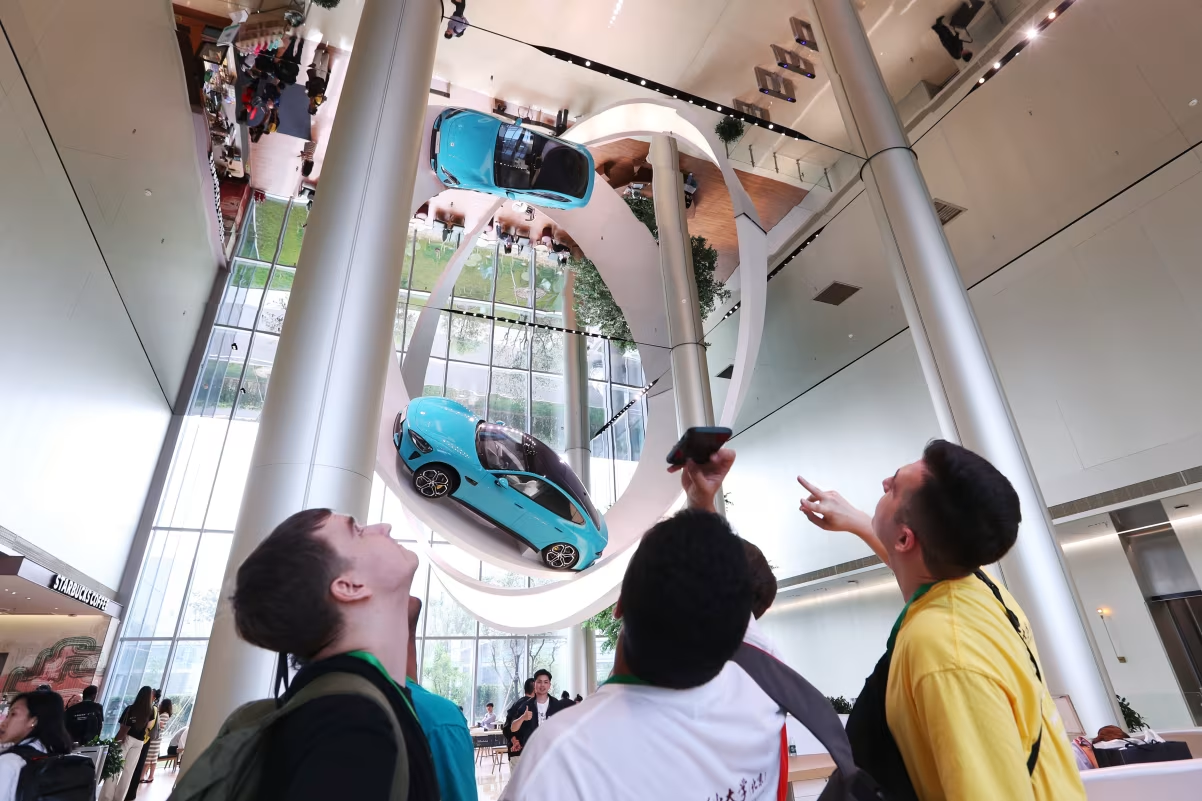China’s rollout of a new “K-visa” aimed at attracting young foreign professionals in science and technology has stirred a storm of criticism at home, where millions of educated youth are already struggling to find work.
Launched on October 1, the visa is being promoted by Beijing as a tool to boost innovation and strengthen its edge in the global tech race — especially as U.S. President Donald Trump tightens restrictions on international students and imposes steep new fees on H-1B visa applicants. But the move has ignited widespread anger across Chinese social media, where hashtags related to the K-visa have generated nearly half a billion views in just two days.
Many young Chinese argue the program overlooks the country’s own employment crisis. Youth unemployment hovers around 19 percent, and a record 12.2 million new graduates entered the job market this year. “There are so many master’s degree holders here struggling to find jobs, and you are looking to bring in more talent from overseas?” one viral comment asked.
Nationalist voices have also weighed in, warning of the “endless consequences” of expanded immigration. Others criticized the entry requirements, which reportedly allow applications from anyone with a bachelor’s degree in STEM fields from recognized institutions. “We’ve got plenty of talent here already, so I don’t really get it,” another commentator wrote.
Despite the launch date, applications did not appear available this week, with Chinese embassies abroad citing the national holiday. Officials have said eligibility will extend to those with STEM degrees or active research roles at leading institutions. Unlike the U.S. H-1B system, China’s K-visa will not require sponsorship by a local employer.
State media has rushed to defend the policy. The Communist Party’s People’s Daily argued that China is seizing an opportunity “while some countries tighten borders and sideline international talent,” insisting the program should not be equated with immigration.
Still, the backlash underscores a deeper tension. With nearly 24 million Chinese graduates holding STEM degrees in the last decade and an unemployment rate at its highest in years, many see the K-visa as adding pressure to an already saturated job market.
Prominent commentator Hu Xijin described the controversy as a test of Beijing’s ability to carefully vet applicants while also prioritizing domestic employment. “The real issue at the heart of the K-visa controversy is the anxiety young people face in finding high-quality jobs,” he wrote, urging the government to match its global ambitions with stronger job creation at home.

